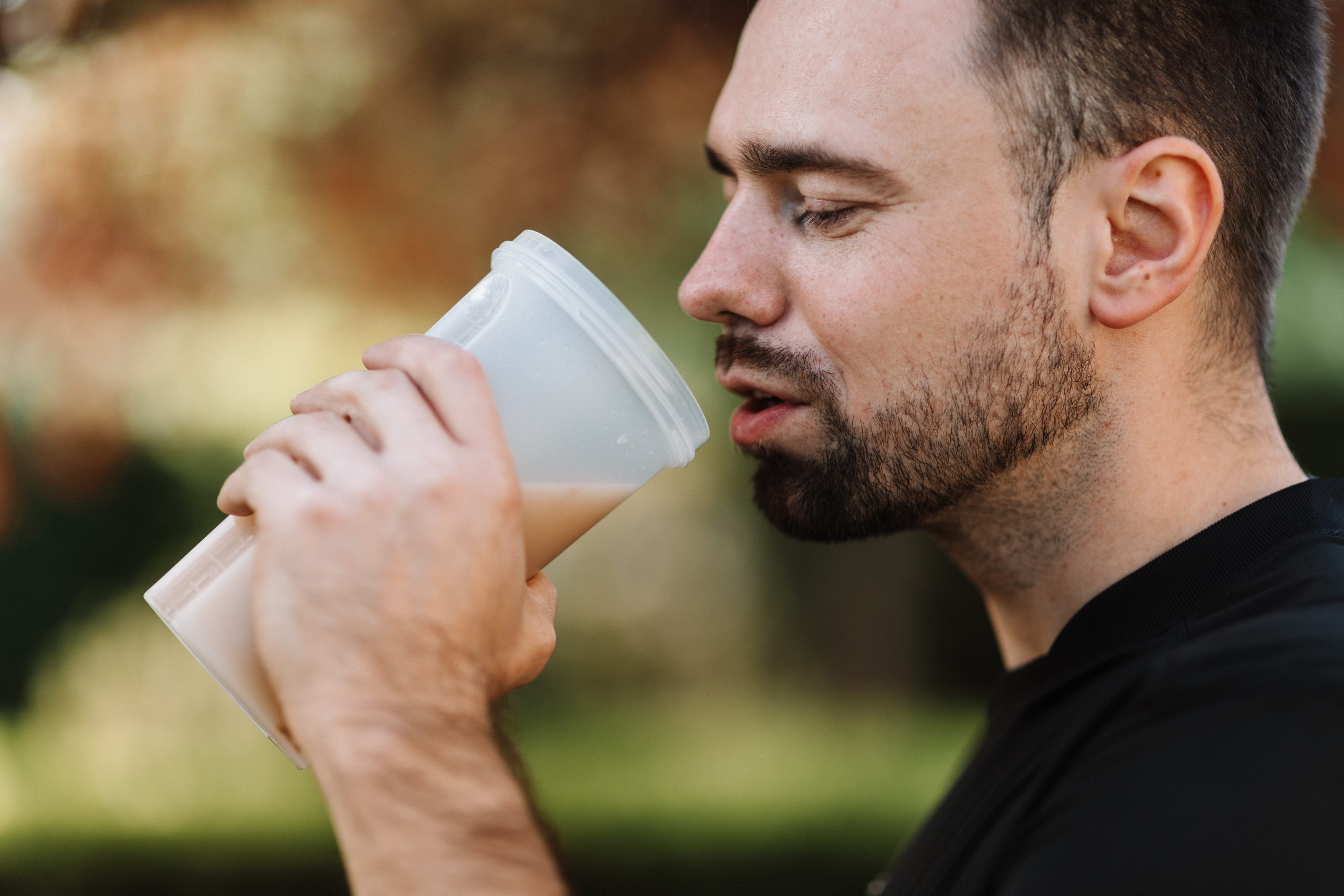When it comes to endurance activities, such as running, cycling, or swimming, maintaining energy levels is crucial for peak performance. One of the key factors in keeping your energy levels up during these activities is ensuring you have an adequate intake of carbohydrates. Carbohydrates are the body’s preferred source of fuel for endurance activities, as they are quickly converted into energy that can be used by the muscles.
The Role of Carbohydrates in Endurance
Carbohydrates are broken down into glucose, which is then stored in the muscles and liver as glycogen. During endurance activities, your body relies on glycogen stores to fuel your muscles. If you don’t have enough glycogen stored up, you may experience fatigue, weakness, and a decrease in performance.
Consuming carbohydrates before and during endurance activities is essential to maintain energy levels and perform at your best. In general, it’s recommended that endurance athletes consume 3-12 grams of carbohydrates per kilogram of body weight per day, depending on the intensity and duration of their training.
Types of Carbohydrates for Endurance
Not all carbohydrates are created equal when it comes to fueling your endurance activities. For sustained energy, it’s important to focus on consuming complex carbohydrates, such as whole grains, fruits, vegetables, and legumes. These carbohydrates are digested more slowly, providing a steady source of energy over a longer period of time.
Simple carbohydrates, such as sugary drinks and snacks, can provide a quick burst of energy but are quickly metabolized, leading to a rapid crash in energy levels. It’s best to avoid relying on simple carbohydrates for sustained endurance performance.
Timing and Amount of Carbohydrate Intake
Timing your carbohydrate intake is also crucial for maintaining energy levels during endurance activities. Consuming carbohydrates 2-3 hours before your workout can help ensure that your glycogen stores are fully stocked and ready to be used for fuel. Additionally, consuming carbohydrates during longer endurance activities can help replenish glycogen stores and maintain energy levels throughout the workout.
The amount of carbohydrates you need to consume will depend on the duration and intensity of your workout. As a general rule, aim to consume 30-60 grams of carbohydrates per hour of endurance activity to maintain energy levels and performance.
Hydration and Electrolytes
In addition to carbohydrates, it’s important to stay hydrated and maintain electrolyte balance during endurance activities. Dehydration and electrolyte imbalances can lead to decreased performance and fatigue. Make sure to drink plenty of water before, during, and after your workout, and consider consuming electrolyte-rich sports drinks or snacks to help maintain hydration and electrolyte balance.
Conclusion
Carbohydrates play a crucial role in maintaining energy levels during endurance activities. By focusing on consuming complex carbohydrates, timing your carbohydrate intake appropriately, and staying hydrated, you can ensure that your body has the fuel it needs to perform at its best. Remember to listen to your body’s cues and adjust your carbohydrate intake as needed to optimize your endurance performance.
For more tips and guidance on nutrition for endurance activities, consult with a registered dietitian or sports nutritionist to develop a personalized nutrition plan that meets your specific needs and goals.
